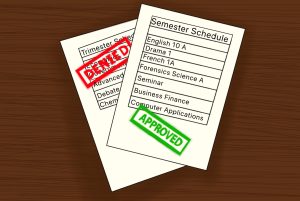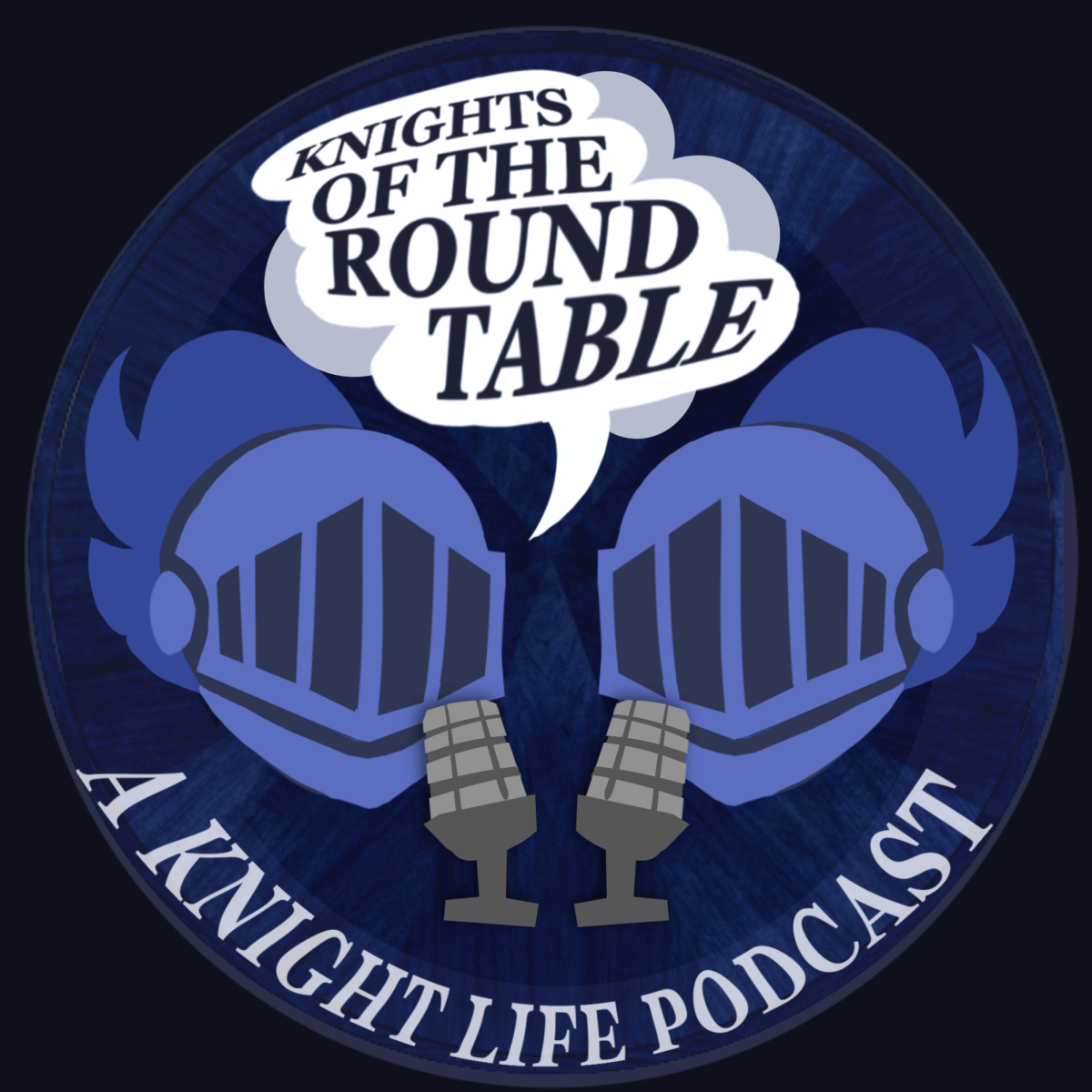Final exam schedule & resources
Credit: Hannah Locke
June 2, 2022
The time has come: there is only one week left of school which means final exams are fast approaching. In fact, they start on Wednesday, June 8.
Here are some tips to help you with your review!
Start studying early: The early bird gets the worm! Beginning your review as soon as possible gives you many advantages when it comes to your exams. Getting ahead gives you time to ask questions as you study, and more time in general allows for you to study more in-depth and become well prepared.
Study tools and methods: Using a diverse array of online and physical study tools can make your review fun and productive.
Flashcards are a helpful, accessible tool for studying whether you use an online platform like Quizlet or make your own.
Blurting is another study method where you focus on a specific topic and write down as much information that you can, from memory, about that topic. This tool is really helpful for active recall and mimics the format of a test more than flashcards do.
The Feynman Technique is another productive method. According to the University of St. Augustine for Health Sciences, it follows the philosophy, “If you want to understand something well, try to explain it simply.” Using this technique, you focus on a specific concept and explain it in your own words either to someone else or in writing. Then you go through your notes and make any corrections.
Mind Mapping is another effective method during which you connect a main topic you’re studying to various main ideas by taking a sheet of paper, writing your topic in the center, and connecting various sub-topics with lines.
Remember, if you get too used to a certain method, the test can throw you off, so be sure to switch it up.
Practice using actual testing information: Using past exams and tests from your class can be a really effective way to study. Consider asking your teacher for exams from prior years or, if your class has a textbook, check for review questions online or in the book itself. Forming your own questions based on your notes is also a great way to strengthen your memory.
Focus on harder topics: If you have a limited time to study or a topic that is particularly difficult for you, it will be more beneficial to focus on your problem areas. Spending an equal amount of time on every topic, no matter your level of knowledge, won’t benefit you in the areas you struggle with. You need to aggregate time, so you progress in more difficult areas.
Ask your teacher for clarification: you don’t want to wait until the test date to get the clarification that you need. Take a few minutes before or after class to ask your teacher what questions you may have: there is always the chance that someone else in the class has the same question.
Good luck on your exams!













